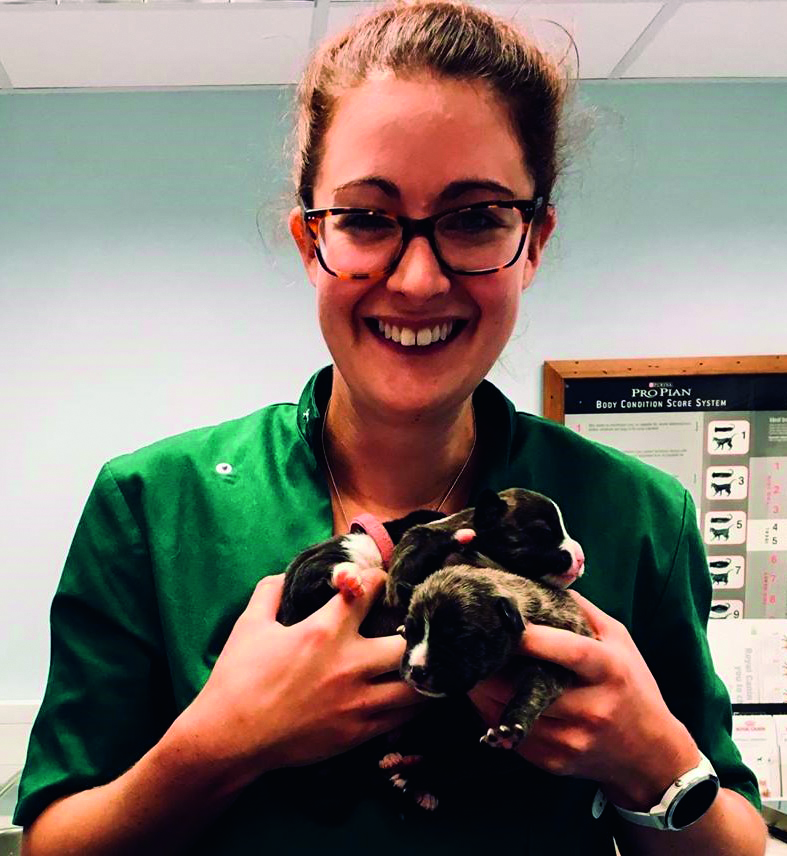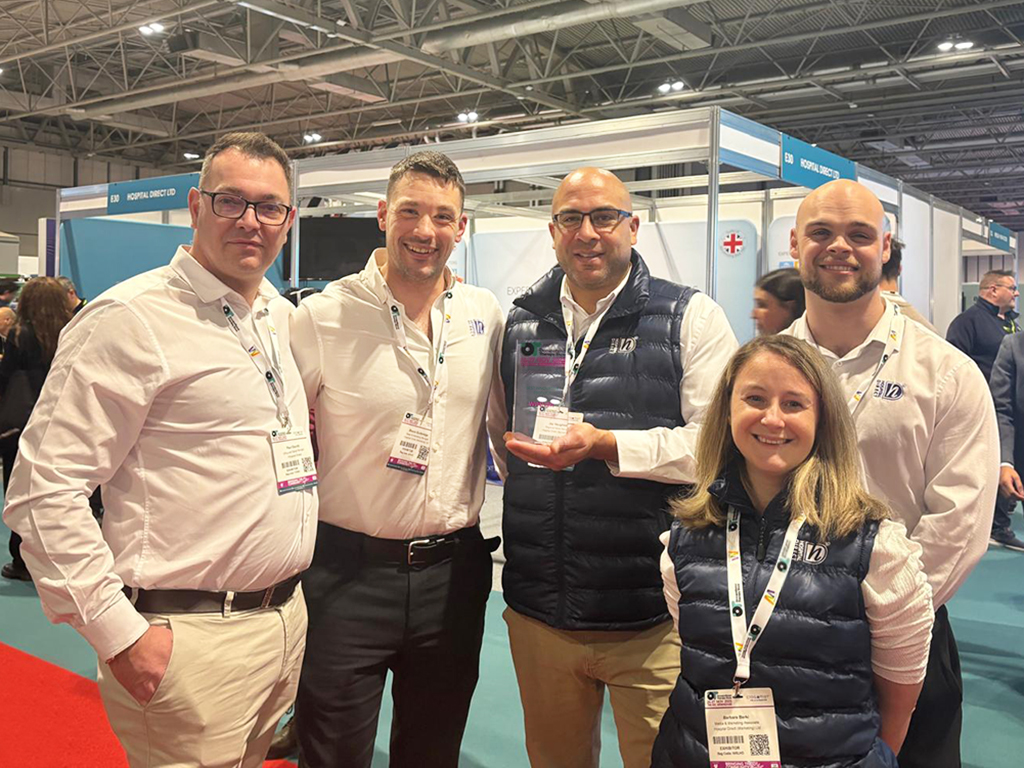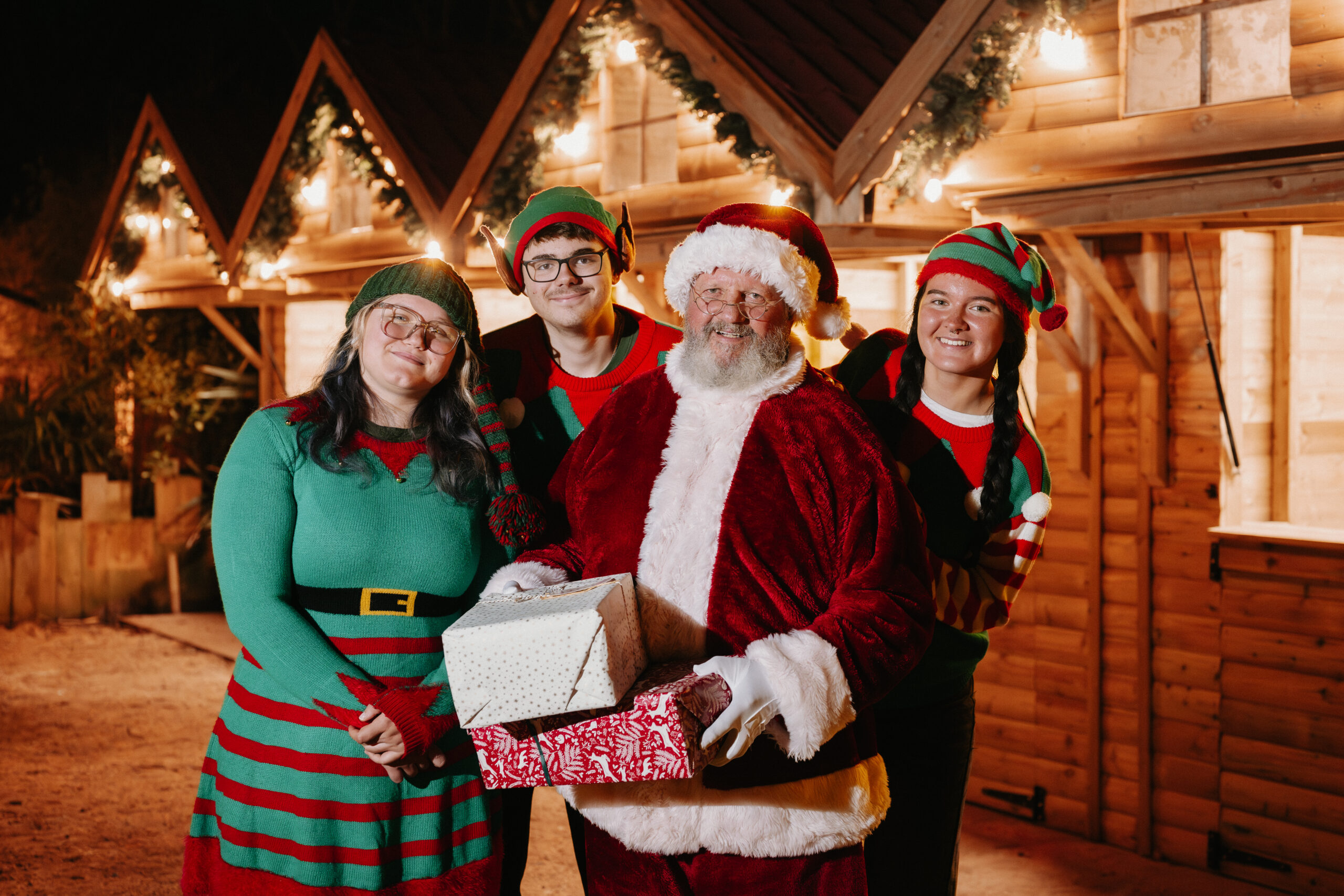Lungworm in dogs
Lungworm is now found across most of the UK, so it’s worth knowing the facts. Lungworm is a parasitic worm that inhabits the heart and blood vessels supplying the lungs of dogs. The good news is that it’s treatable in the earlier stages and easy to prevent with regular medication.
How do dogs get lungworm?
Dogs become infected by ingesting larvae found in slugs and snails. These can survive for a short time away from their host, so can also be found out on walks, on outside water bowls, and on dog toys left outside in areas where slugs and snails leave slime trails behind.
The lungworm lifecycle requires a slug or snail host so while dog-to-dog transmission is not possible, larvae in the faeces of infected dogs continues the parasite’s spread.
What are the symptoms?
Prevention is key as infected dogs may show no symptoms at all or only vague signs which are easily mistaken for other problems. Any change in health or behaviour should be checked out by your vet. The most common sign is coughing. Others can include lethargy, shortness of breath, weight loss, pale gums, unexplained bruising and bleeding. Left untreated, the parasite can cause progressive heart and lung disease and fatal haemorrhage.
Diagnosis
Diagnosis relies on finding evidence of the worm. Your vet may use a variety of methods – blood sampling, bronchoscopy (examining the airway with a tiny camera), chest x-rays and looking for larvae in a dog’s faeces. Not finding worms does not necessarily mean the dog is not infected so treatment is sometimes based on history, clinical signs and response to treatment, which involves a course of anti-parasitic medication.
Prevention
We recommend prevention medication forms part of your regular worming routine; it’s best to speak with a vet to ensure your dog is on the most appropriate programme for them.
If you catch your dog sniffing at a slug or snail, move them away immediately. You can also reduce the risks by picking up your dog’s faeces promptly and bringing in toys and water bowls overnight.
Dr Carlie McMillan BSc BVMedSci BVM BVS MRCVS
Severn Edge Vets






